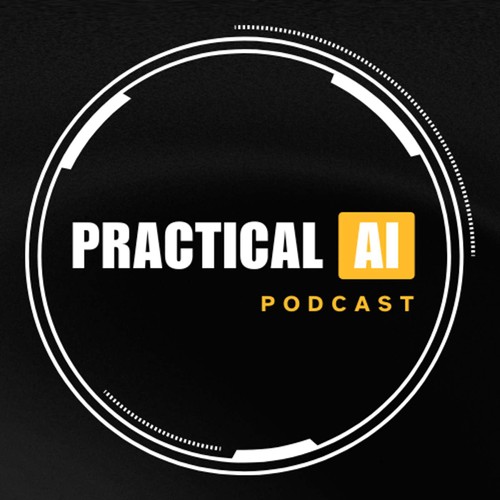
 Practical AI
Practical AI 🌍 AI in Africa - Voice & language tools
Feb 9, 2022
Kathleen Siminyu, a Kiswahili machine learning fellow at Mozilla, shares her journey in creating voice tools for Kiswahili and enhancing language diversity in AI. They discuss the importance of community involvement in natural language processing, the challenges of using specific datasets like JW300, and how grassroots initiatives can empower local language communities. Kathleen advocates for inclusivity in language technology, addressing gender disparities and celebrating female leadership in the AI space, all while striving to preserve underrepresented languages across Africa.
AI Snips
Chapters
Transcript
Episode notes
Origin of Interest in NLP
- Kathleen Siminyu's interest in NLP for African languages stemmed from her work with SMS products.
- She noticed a lack of support for these languages compared to English in digital tools.
Masakhane's Beginnings
- Masakhane started at the Deep Learning Indaba in Nairobi in 2019, founded by Jade Abbott and Laura Martina.
- Their initial focus was on machine translation for South African languages, using a replicable notebook based on the JW300 dataset.
Masakhane's Growth
- Masakhane gained momentum because it provided a platform for young Africans with basic machine learning skills.
- The readily available notebook allowed them to specialize in NLP for their own languages.

